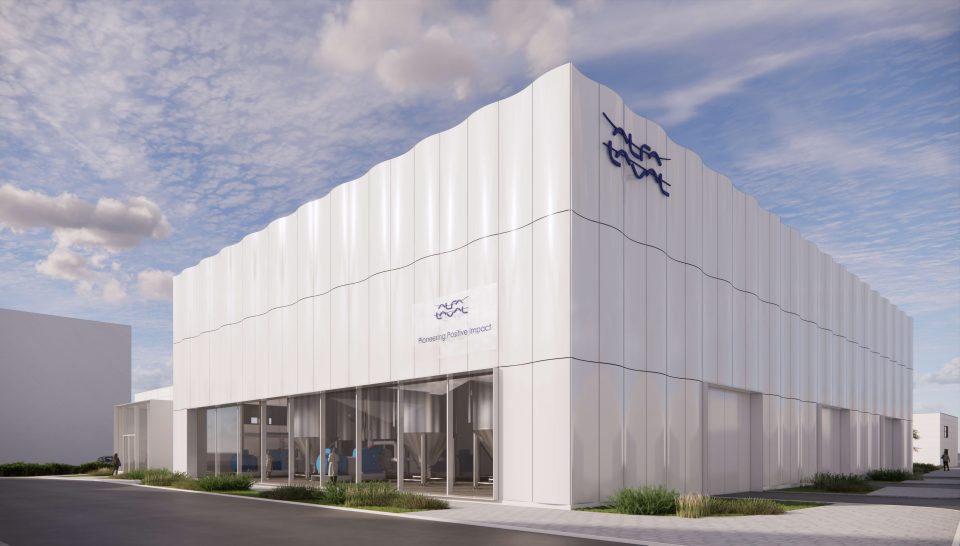Alfa Laval is setting up a state-of-the-art Food Innovation Centre in Copenhagen, Denmark to address global food challenges.The facility will support food producers in overcoming the escalating challenges of expanding food production for a growing global population while minimizing environmental impact.
“This investment is one piece of the puzzle in tackling the challenges of supplying sustainable food today and in the future,” said Sammy Hulpiau, president of Alfa Laval’s Food & Water Division.
“We see our role as enabling the essential transition of the global food system to meet both the increasing demand for food and also producing food in a radically different way, using less water, less energy and with a holistic approach to resources. To us, this is what pioneering positive impact really means.”
The Food Innovation Centre will be located at the headquarters of Alfa Laval’s Food and Water business and will serve as a hub for cutting-edge research and development. It will focus on innovative solutions to enhance food production efficiency, sustainability, and resilience.
Work on the new facility has already started, with the opening planned for 2027. It will cover around 1,200 m² and include a visitor centre. The location places it in the heart of Denmark’s thriving bio-solutions scene and the strong academic base of the Copenhagen and Southern Sweden region.
The centre will provide food producers with the tools and knowledge needed, utilizing both existing technology and future innovations through AI and digitalization, to adapt to changing environmental conditions and meet the demands of an increasing population.
“With our range of technologies, solutions and competences, Alfa Laval is in a strong position to enable food and beverage producers to take a much bigger responsibility in their supply chain. We believe this is needed in our effort to enable the global food system to feed and nourish a growing global population within the planetary boundaries,” said Lars Dithmer, president Alfa Laval Business Unit Food Systems.
The facility will focus on two main areas: conventional foods, ingredients and beverages; and next-generation food. Conventional foods, ingredients and beverages includes developing processes and technologies to produce more nutritious food with higher yields and less energy, water and raw materials, while recovering and upcycling resources from waste streams. Next-generation food involves developing new processes and technologies for new plant-based and fermentation-based foods, from proof of concept through scale-up to industrial production to achieve a radically reduced environmental impact.
Johan Agrell, vice-president of Next-generation Food, Food & Water Division, said: “This will be a world-class test and development facility that will tackle the challenges of supplying food today and in the future. It will represent an opportunity to partner up across the entire ecosystem of food innovation with companies and organizations of all sizes – from start-ups to global food corporations to academia – and work with them in different ways. The set-up is also intended to help accelerate the regulatory approval process.”
The facility will house full food processing lines and enable flexible testing and development to understand capacities and performance levels. “We will be able to take concepts and ideas and work with them to establish how to best to upscale these through the latest technologies,” said Agrell.
Alfa Laval’s ambition is to use the facility to tackle challenges holistically, looking at innovation and how to make conventional production methods better, with improved yields, less energy and water, while ensuring all resources in waste streams are recovered and upcycled.


